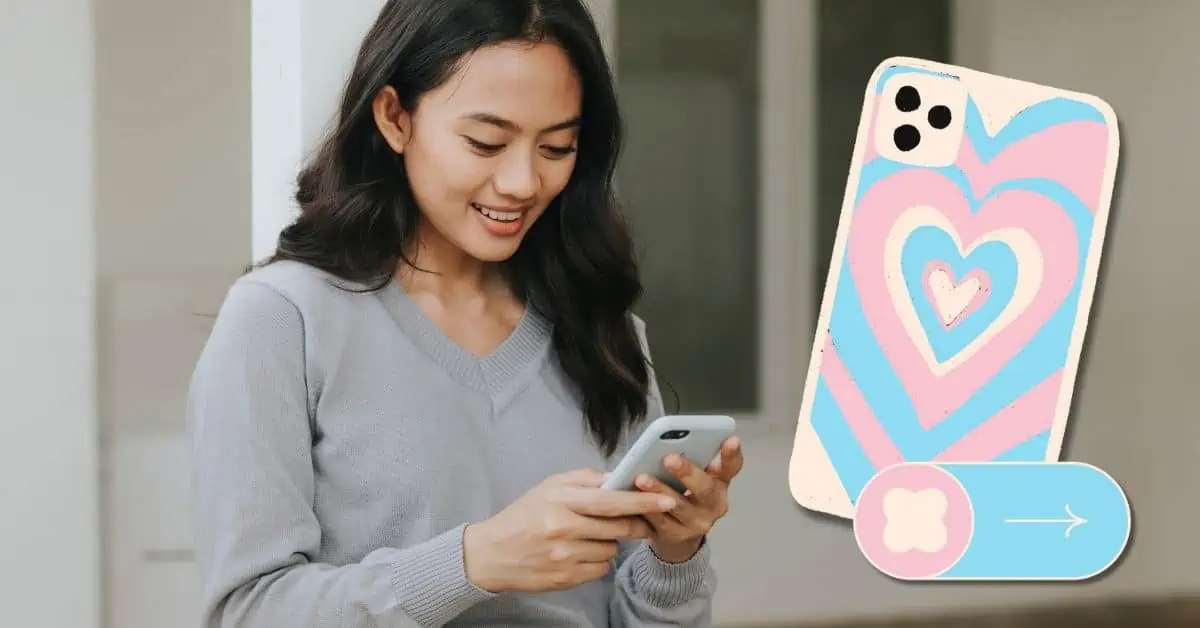When you swipe right on someone while scrolling through your favorite dating app, did you know that psychology plays a part when your finger makes that motion? You thought you were the one in charge, and while that’s true, you’re getting a little help from your subconscious.
Your brain is basically playing matchmaker, and your swiping finger is doing its bidding, whether you realize it or not.
This simple motion holds the power to possibly lead to romance, and those split-second swiping can say a lot about you!
It’s so much more than a game of hot or not; it’s a porthole into our psychology, a mirror reflecting our wants, fears, and locked-up parts of our personality. So, let’s take a peek into your mind and unpack what really lies in your snap decision to swipe right and what your choices say about you.
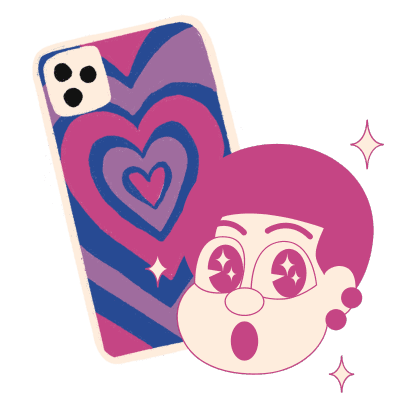
The Instant Judgment Call
When you swipe right on someone, you’re not just showing that you find them attractive—researchers say that this split-second decision is loaded with subconscious assessments.
You’re not just seeing a person; you’re seeing a possible romantic future, a set of common values, or even a reflection of your self-esteem. Your mind acts as a matchmaker based on a complex algorithm that encompasses physical attraction, perceived compatibility, and the potential for emotional safety.
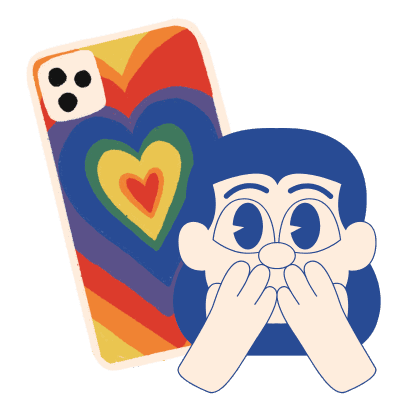
The Halo Effect: Beauty Bias
The halo effect is a psychological phenomenon where we assume that because someone is attractive, they also possess other positive traits, such as kindness, intelligence, and humor.
“The halo effect (sometimes called the halo error) is the tendency for positive impressions of a person, company, country, brand, or product in one area to positively influence one’s opinion or feelings. The Halo effect is ”the name given to the phenomenon whereby evaluators tend to be influenced by their previous judgments of performance or personality.” The halo effect is a cognitive bias which can prevent someone from accepting a person, a product or a brand based on the sum of all objective circumstances at hand,” according to Wikipedia.
“The term was coined by Edward Thorndike. A simplified example of the halo effect is a person, after noticing that an individual in a photograph is attractive, well groomed, and properly attired, then assuming, using a mental heuristic, that the person in the photograph is a good person based upon the rules of their own social concept. This constant error in judgment is reflective of the individual’s preferences, prejudices, ideology, aspirations, and social perception.”
In the world of dating apps, this can mean that a swipe right is often influenced by an unconscious belief that beauty means better. But here’s the rub: this bias can also lead us to pass up potential matches that could be perfect for us just because they don’t fit our societal mold of attractiveness. It’s a classic case of judging a book by its cover, and sometimes, we are missing out on a wonderful story.
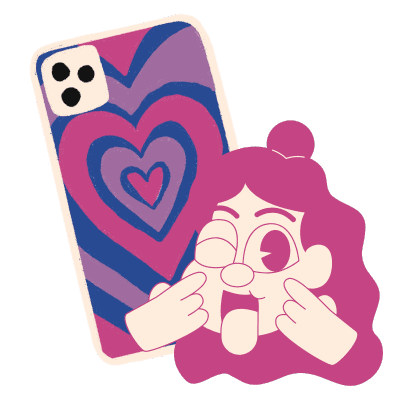
The Paradox of Choice: Why More Isn’t Always Better
Barry Schwartz’s “The Paradox of Choice” suggests that having too many options can actually make us less happy with our decisions.
On dating apps, this can translate to the feeling of being overwhelmed by the sheer volume of potential matches. When you swipe right, it’s not only about finding a person who ticks all the boxes you want ticked; it’s also about managing the cognitive overload of having to choose. This paradox can lead to what’s known as “choice paralysis,” where instead of feeling happy by the amount of options available, we feel stressed out and less satisfied with our eventual choices.
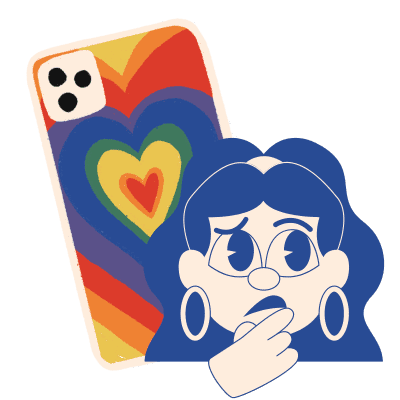
The Fear of Missing Out (FOMO): Swiping as a Defense Mechanism
Sometimes, a right swipe is driven solely by the fear of missing out. In a society where the next best thing might just be one more swipe away, it’s super tempting to keep looking, even if you’ve already found someone great.
This FOMO can lead to a never-ending cycle of swiping, where the quest for perfection (which does not exist) becomes a barrier to a real romantic connection. It’s a defense mechanism, a way to protect ourselves from the vulnerability of connecting with someone. But in this search for the ideal match, we very well could end up overlooking the real and amazing connections that are right in front of our eyes.
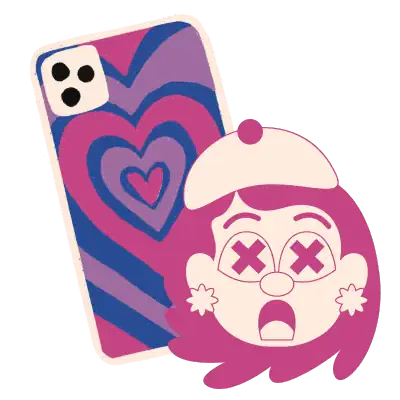
The Mirror Effect: What Your Swipes Say About Your Self-Perception
Your swiping habits can also be a reflection of how you see yourself! Studies show that people tend to swipe right on profiles that they perceive as being on the same level of attractiveness as themselves.
This “mirror effect” is not just about physical appearance; it’s also about choosing someone who shares common interests, values, and lifestyle choices. It’s as if we’re looking for our mirror image, someone who reflects our own self-perception and validates our identity. Sounds narcissistic, yes? It’s not a bad thing in this case—we all have a little narcissism in us (some more than others).
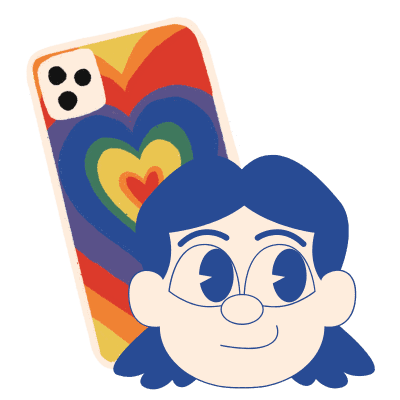
The Psychology of Rejection and Acceptance
Then again, the psychology behind the swipe right is ingrained with our innate fear of rejection and need for acceptance. Each swipe right holds the hope of acceptance—a wish to be seen and appreciated. And when that swipe is reciprocated? That dopamine rush boosts our self-esteem and validates our self-worth.
But when it’s not, it can feel like a direct gut punch to our ego. This switchback of rejection and acceptance can be addictive, motivating us to keep swiping in search of that next sweet validation hit.
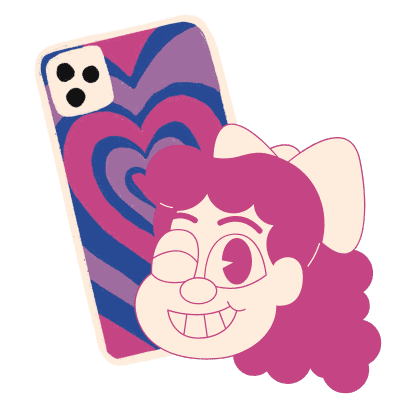
The Search for Genuineness in a Curated World
We all curate our dating profiles to present the best version of ourselves, and swiping right becomes a search for genuineness. We want real connections, laughter, and the comfort of being with someone who loves us for who we are, with all of our quirks and imperfections. When we swipe right, we’re not looking for just another pretty face; we’re looking for some kind of authenticity, a sign that behind the curated profile is a real person with whom we can be our real selves.
Final Thoughts
Your swipe right says more about you than you think! It’s a nuanced mix of psychology, subconscious wants, and the universal pursuit of connection. All swipes are short stories, clues to your personality, your fears, and your dreams.
In this impulsive and rapid world of swipes and matches, take a second to chew on what drives your decisions. Are you looking for validation, or are you in search of a genuine connection? Are you swayed by the halo effect, or are you seeking someone who reflects your true self? By understanding and knowing the psychology behind your swipe right, you can traverse the dating app world with more awareness and, hopefully, find the connection that connects back!
